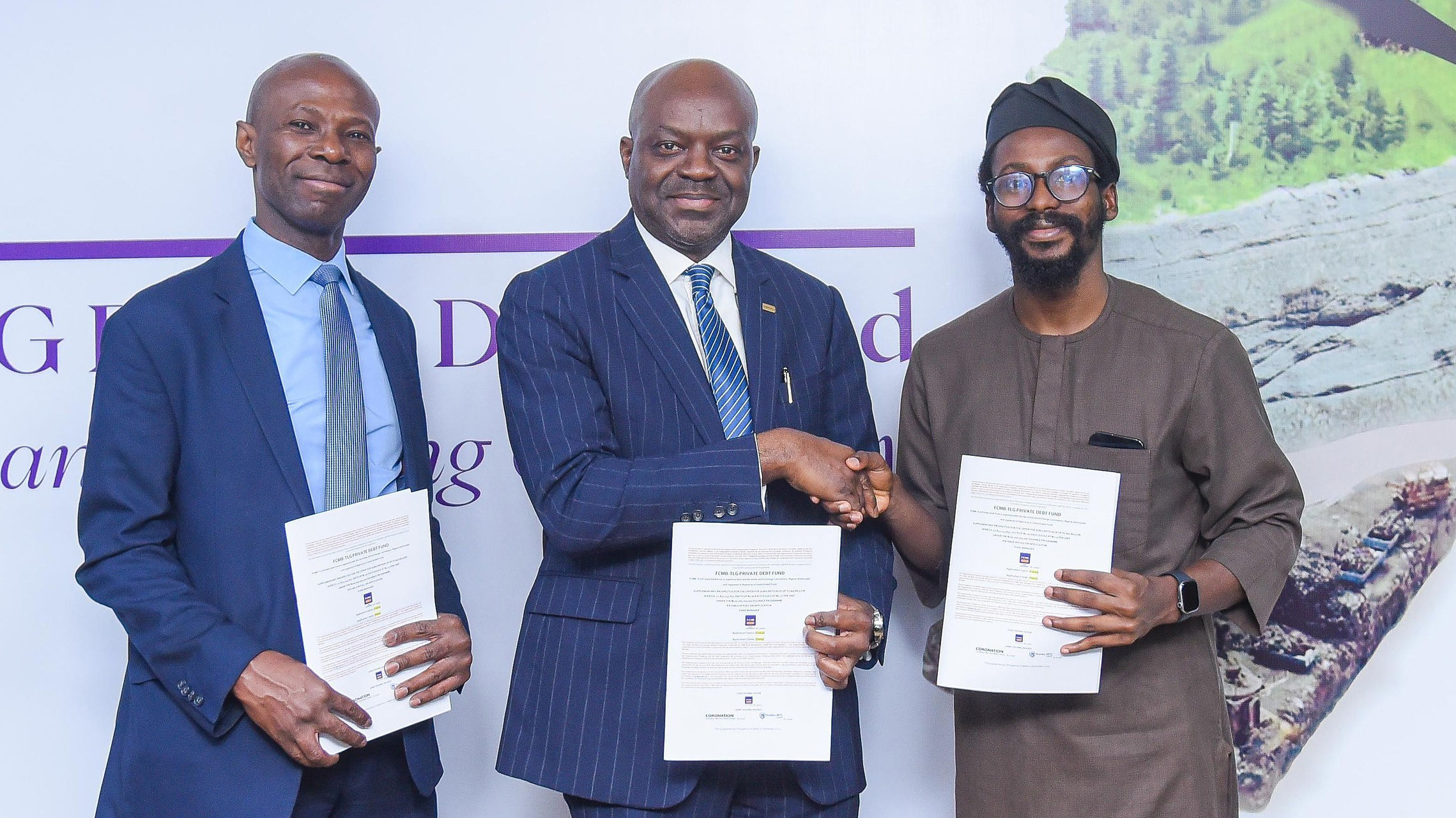The President and Chief Executive Officer of the Regional Maritime Development Bank (RMDB), Adeniran Aderogba, has emphasised the urgent need to mobilise domestic capital to fund maritime logistics, infrastructure, energy and other critical enablers of industrialisation.
He said local content development could not be achieved in isolation from financial sustainability and that African capital markets and institutions must evolve to meet the scale and complexity of the continent’s development needs.
Aderogba stated this on the sidelines of the recently concluded African Natural Resources and Energy Investment Summit (AFNIS 2025), held in Abuja.
He underscored the critical importance of shifting the financing narrative from dependence on foreign capital to a more deliberate mobilisation of domestic financial resources.
The summit, themed ‘Harnessing Local Content for Sustainable Development’, convened senior government officials, industry leaders, investors, and development partners from Africa and beyond.
Discussions centred on leveraging local content development as a cornerstone of economic growth, with a focus on building inclusive, resilient and future-facing resource governance frameworks.
“If we are serious about sustainable development, we must stop relying solely on external capital. Africa needs to harness its domestic financial instruments, institutions and networks to fund infrastructure, energy, maritime logistics and other critical enablers of industrialisation,” he stated.
According to him, the RMDB was established with a mandate to close long-standing gaps in maritime and trade-related infrastructure financing and is now positioning itself as a partner for broader development finance initiatives.
Aderogba stressed the need for improved coordination between governments, financial institutions and private investors to align policies and reduce duplication.
“The gaps in infrastructure, maritime and energy across the continent are not new, but what has often been lacking is consistency in implementation and alignment between national priorities and regional strategies. We must ensure that the institutions we build can deliver long-term capital at affordable rates and with appropriate risk management frameworks,” he stated.
Reflecting on the summit’s objectives, Aderogba acknowledged the value of the dialogue in revisiting previous policy approaches to natural resource governance.
He noted that lessons from past missteps, such as uncoordinated investment strategies and weak enforcement of local content policies, should inform the development of more adaptive and resilient frameworks moving forward.






